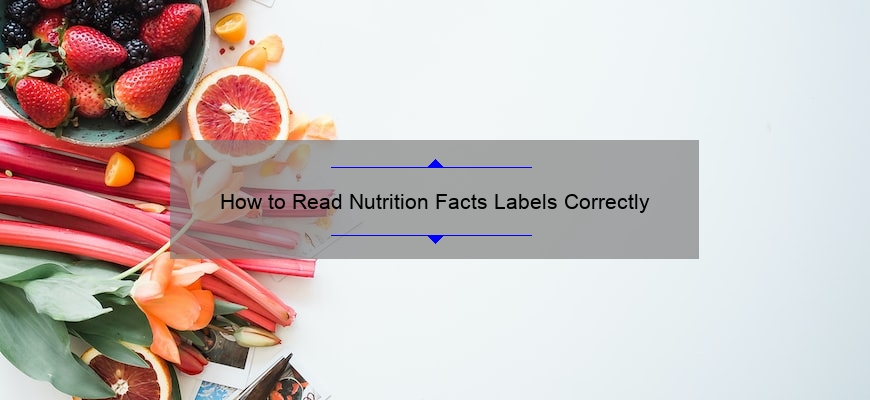The process of processing food has several benefits, and some foods are natural while others are not. This article discusses the advantages and disadvantages of natural foods and processed food. It also includes information about the health benefits of dried herbs and organic foods. The report is written for the layman and does not aim to replace a doctor’s advice.
Disadvantages of eating natural foods
Eating natural foods is a much healthier way to eat. Natural foods do not contain additives, which means they are more nutritious than their processed counterparts. They are also free of harmful pesticides and herbicides. These foods help keep many diseases at bay and help sustain your energy levels. They are also loaded with vitamins and minerals.
Health benefits of eating processed foods
Eating processed foods has several adverse health effects. While most food products are some form of processing, the unhealthy chemicals, added sugars, and trans fats in these products are detrimental to the body. These types of foods contribute to obesity and other chronic diseases. They are also very high in sodium and sugar, and the processing process strips foods of their essential nutrients.
In addition to added sugar, these foods have added fat and salt, contributing to an unhealthy weight and increased risk for cardiovascular disease and cancer. Furthermore, these foods contain fewer vitamins and minerals than their natural counterparts. This means you are more likely to consume these foods, which are high in calories, salt, and sugar.
Processed foods are often high in sodium and other nutrients, which is why they get a bad rap. Processed foods make up 70 percent of the sodium in the typical American diet. These foods include milk, baby carrots, and packaged and restaurant foods. They are processed to make them safe to consume, keep them on the shelves longer, and provide convenience. They may be fortified with extra nutrients, such as iron and B vitamins.
Processed foods are also high in trans fats, which are highly harmful to your health. They lead to increased inflammation in the body and lower good cholesterol levels. They are also associated with a greater risk of cardiovascular disease, type 2 diabetes, and stroke. The benefits of eating a diet rich in natural foods are numerous.
Studies have shown that foods containing emulsifiers, which are chemical additives, may contribute to developing chronic diseases, including inflammatory bowel disease and obesity. They also increase the permeability of the intestinal wall, making them more susceptible to toxins and disease. These additives also compromise the mucus layer, which separates bacteria and dirt from the intestinal walls.
Choosing foods with minimal processing is the best way to ensure good health. It would help if you included more whole foods, minimally processed foods, and less prepared foods in your diet. Choose plain yogurt instead of flavored yogurt, and add fruit, nut butter, or honey. Also, try to limit your consumption of sugary drinks and sports drinks. They are high in sugar and have very little nutritional value. You can also switch to plain water or unsweetened teas.
Health benefits of eating organic foods
Whether you’re a vegetarian, vegan, or prefer a natural diet, there are numerous health benefits to eating organic foods. Eating organic foods regularly reduces the risk of developing certain types of cancer. For example, according to a study published in the JAMA Internal Medicine, those who eat organically produced foods are more likely to ward off non-Hodgkin lymphoma and postmenopausal breast cancer. Organic foods also contain more antioxidants than conventionally grown foods.
Many organic fruits and vegetables contain higher levels of antioxidants than their conventional counterparts, which help protect your cells from damage. These antioxidants may even improve your immune system. Many animal studies have shown that organic diets boost the immune system and promote growth in chickens. In one study, researchers found that organic chickens had fewer problems with obesity and had more robust immune systems than their non-organic counterparts. However, the results of observational studies in women comparing organic and conventionally grown food were not conclusive. More high-quality human studies are needed to support the benefits of organic food consumption.
The downside to organic foods is that they’re more expensive than their conventional counterparts. The certification process is extensive and requires more time and resources. This means buying organic products may be out of reach for some families. However, buying organic foods is a great way to get a wider variety of nutrients and minimize the risk of pesticide exposure. The best way to purchase fresh organic produce is to shop at farmers’ markets and buy them in season.
Organic meat and milk contain higher levels of omega-3 fatty acids than their conventional counterparts. In addition, they contain less cadmium and have more vitamin and mineral content. They also have lower levels of antibiotics and bacteria. This makes them a safer choice for those trying to lose weight.
Organic farming reduces the risk of developing various diseases. Many non-organic food products contain antibiotics, growth hormones, and animal byproducts harmful to humans. These chemicals and antibiotics weaken the immune system. By contrast, organic foods do not contain antibiotics or growth hormones.
Health benefits of eating dried herbs
Adding fresh or dried herbs to your meals is a great way to improve your taste buds and improve your health. You can grow your herbs or buy them from Asian markets. Adding fresh herbs to your cooking can also improve your dishes’ look, taste, and texture. Spices in powder or dry form retain the antioxidant activity of the plant.
The nutritional value of fresh herbs is comparable to dried ones, but dried herbs have different properties. For example, cinnamon, used chiefly in powder form, has antioxidant properties. This antioxidant content helps neutralize free radicals in the body. This may help with heart health, type 2 diabetes, and weight loss.
Dried herbs have a more pungent taste than fresh ones. Dried herbs also retain their flavor after cooking. Unlike fresh herbs, dried herbs include their flavor and aroma for longer. Therefore, they should be replaced every six to 12 months. A teaspoon of dried herbs is equivalent to four teaspoons of fresh herbs.
Dried herbs are also much cheaper and easier to store in your spice cabinet. Moreover, they contain more vitamins, minerals, and antioxidants than fresh ones. This makes them the better option for those on a tight budget. Dried herbs can be used as a great alternative to fresh herbs for a variety of cooking purposes.
When used in food, dried herbs can help you reduce the sugar and fat you consume. In addition, they allow you to reduce the number of unhealthy ingredients you are consuming. Some herbs are sold in capsules or supplements. These supplements contain extracts of the herb. For example, cinnamon extract can help reduce the risk of cancer.
Turmeric has anti-inflammatory properties and is an excellent antioxidant. It reduces the amount of harmful inflammation in the body, which is an essential precursor to many chronic diseases. Ground ginger is another herb with anti-inflammatory properties. Garlic and oregano are excellent antioxidants, benefiting the body’s overall health.



